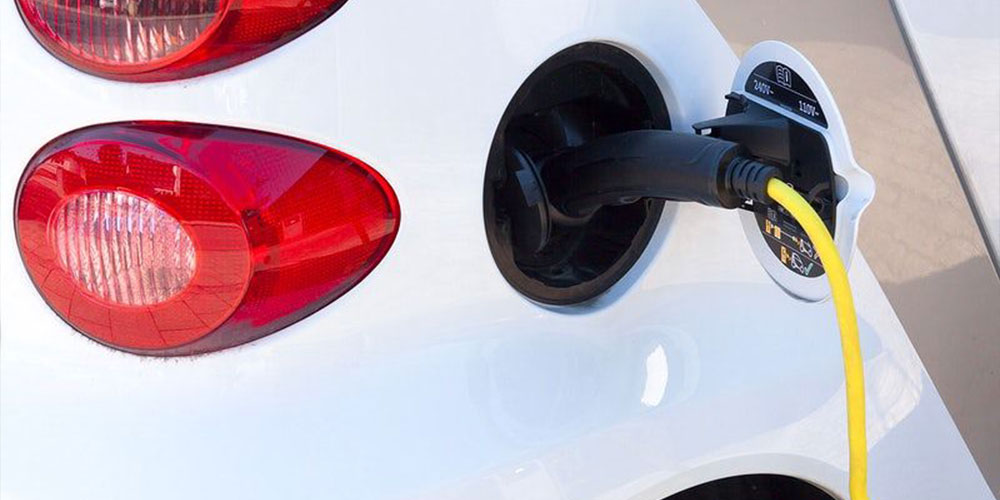As a new example of the country’s leading role in ecological causes, its population has begun seeing the benefits of alternative energy sources for their vehicles.
Costa Rica’s pioneering role in Latin America’s sustainable development has come by way of a multi-layered effort in areas such as conservation, renewable energies and carbon emission reduction. Transportation, however, has been one of the area’s that this small Central American nation hasn’t fully addressed. As plans for an urban electric train faltered, however, a new silver lining for eco-friendly alternatives emerged from data regarding electric car usage.
The adoption of electric mobility is on the rise in Costa Rica as showcased by an steady increase in the number of electric vehicles on tico roads. What were only 282 units in 2011 have now reached nearly 9000 in 2023. Just between 2022 and 2023 growth has been exponential, increasing by around 2300 registered vehicles. The accelerated pace is showing no signs of stopping soon, as the first semester of 2023 has seen 2375 electric cars registered in the country, a number that trumps the entire amount for 2022.

The reasons behind this surprising trend are plentiful. Naturally, one of the main guiding factors are environmental concerns, a discursive thread that’s particularly important to a country that relies on its engrossing natural landscapes for its tourism economy and international appeal. More pragmatic reasons algo come into the fold, particularly when the country has made an active effort to incentivize alternative transportation methods since the start of its ambitious decarbonization plan. Acquiring an electric vehicle in Costa Rica comes with important fiscal benefits not warranted to normal cars.
Beyond Costa Rica, the accessibility of electric vehicles has also made a great impact on the number of owners, as what were once seen as luxury items are now a real possibility for a wider range of people. As long as these kinds of automobiles are within striking distance of the cost of a normal car, many will see the added benefit of its complementary perks and tax exemptions.
Costa Rica isn’t an outlier in this camp. International trends are now in full motion, with the European Union announcing their cease of combustion engine vehicle sales by 2035, an audacious plan followed by different US states and Latin American nations like Chile.
As the transition to electric mobility is gaining momentum, Costa Rica looks to maintain its standing in the forefront of sustainable innovation and green causes, a position that complements the nation’s ethos, but also benefits the whole world.

